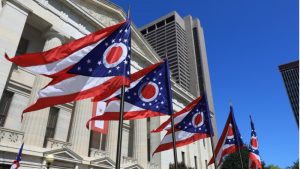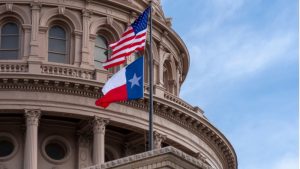The Federal Communications Commission (FCC) awarded another $24 million in funding for the Emergency Connectivity Program (ECP), which provides digital services to students nationwide.
The Ohio State University (OSU) will use $3 million in state funding to design curriculum for Ohio’s Broadband and 5G Sector Partnership to help develop a skilled broadband workforce, according to a press release from Ohio Gov. Mike DeWine.
The Federal Communications Commission (FCC) – in the midst of an ongoing revamp of how it builds and updates its national broadband maps – is in the process of gathering crowdsourced data from the public and considering how to use it to improve the mapping process.
The Treasury Department on Jan. 26 announced the approval of broadband projects totaling $793.7 million in four additional states under the American Rescue Plan’s Capital Projects Fund (CPF): Alabama, Kentucky, Nevada, and Texas.
In a bid to close the digital divide, Kansas Gov. Laura Kelly announced that the state will invest $44.5 million to expand access to high-speed internet statewide.
A new report today from the Government Accountability Office (GAO) is calling on the National Telecommunications and Information Administration (NTIA) to develop comprehensive performance goals and measures, as well as a fraud risk assessment, for two new broadband programs that are pumping out billions of broadband funding nationwide.
The Federal Communications Commission (FCC) has plenty of room to improve its Affordable Connectivity Program (ACP) – which offers discounted broadband services to eligible households – by strengthening its goals and measures, consumer outreach, and fraud-risk management, according to a new Government Accountability Office (GAO) report.
The North Carolina Department of Information Technology’s (NCDIT) Division of Broadband and Digital Equity announced $9.9 million in Federal funding for the state’s Digital Equity Grant program.
Texas Comptroller Glenn Hegar has released the Texas Broadband Development Map, which uses data collected from internet service providers (ISPs) to highlight both the availability of various types of high-speed internet access, as well as areas eligible for additional broadband funding across the state.
As part of its efforts to close the digital divide, Hawaii will receive $17.3 million in Federal funding to expand high-speed internet access in Native Hawaiian communities.










